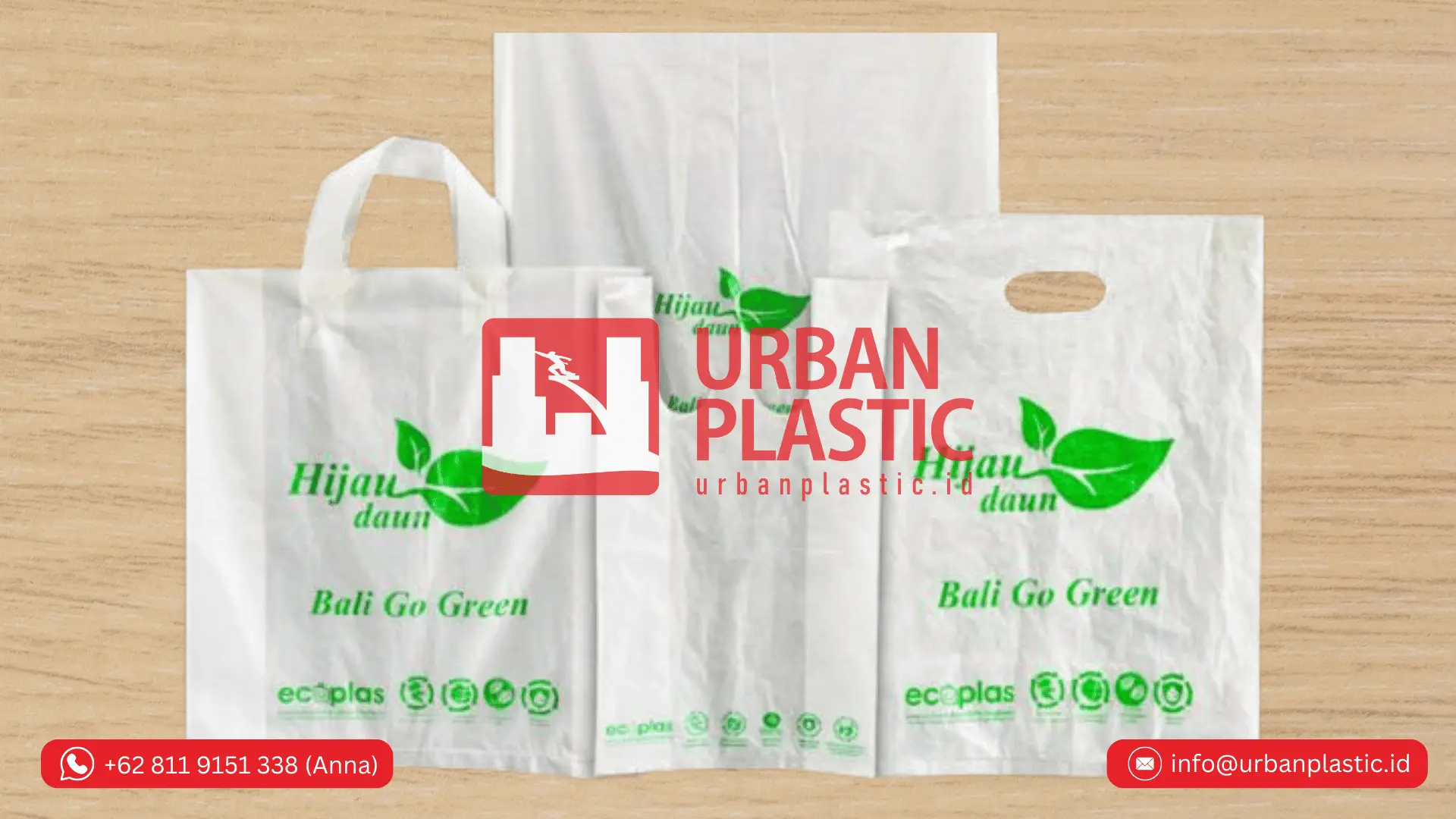Biodegradable cassava bags are emerging as a sustainable alternative to conventional plastic shopping bags. Made from cassava starch, these bags decompose naturally, reducing environmental pollution. They offer a practical solution to the plastic waste crisis and are gaining popularity in various sectors due to their eco-friendly properties.


Understanding Biodegradable Cassava Bags
Cassava bags are produced from the starch extracted from the cassava root, a widely cultivated crop in tropical regions. Unlike traditional plastic bags made from petroleum-based polymers, cassava bags are 100% biodegradable and compostable. They break down into non-toxic, natural components such as water, carbon dioxide, and biomass within a few months of disposal.
Comparison with Similar Products
- Plastic Bags: Non-biodegradable, take hundreds of years to decompose, and contribute significantly to environmental pollution.
- Paper Bags: Biodegradable but require substantial water and energy resources for production, and their strength and durability are lower compared to cassava bags.
- Corn Starch Bags: Similar biodegradability but often more expensive and can compete with food supply.
Manufacturing Processes
The production of cassava bags involves several steps:
- Extraction: Starch is extracted from the cassava root through a process of washing, crushing, and sieving.
- Polymerization: The extracted starch is chemically treated to form polymers that can be molded into bags.
- Molding and Shaping: The polymer is heated and shaped into bags using molding machines.
- Drying and Finishing: The formed bags are dried, cut to size, and finished for retail use.
Key Functions and Benefits
Cassava bags offer several key functions and benefits:
- Environmentally Friendly: Fully biodegradable and compostable, reducing landfill waste and marine pollution.
- Non-Toxic: Free from harmful chemicals and toxins, making them safe for wildlife and humans.
- Durable: Comparable in strength and usability to traditional plastic bags.
- Sustainable: Made from renewable resources, contributing to reduced dependence on fossil fuels.
Types and Selection
Biodegradable cassava bags come in various types, each suited to different uses and preferences.
Types:
- Shopping Bags: Sturdy and reusable, ideal for grocery shopping.
- Produce Bags: Lightweight and breathable, perfect for fruits and vegetables.
- Garbage Bags: Strong and leak-proof, suitable for household waste.
Selection Criteria:
- Material Strength: Choose bags with adequate strength for their intended use to avoid breakage.
- Size and Capacity: Select appropriate sizes based on the volume and weight of items to be carried.
- Environmental Conditions: Consider factors such as humidity and temperature, which can affect the bag’s durability.
Applications in Various Industries
Cassava bags have versatile applications across multiple industries, highlighting their adaptability and environmental benefits.
Retail:
Grocery Stores: Used for carrying groceries, reducing reliance on single-use plastic bags.
Boutiques: Offer an eco-friendly packaging option for clothing and accessories.
Agriculture:
Produce Packaging: Suitable for packing fresh produce, helping to reduce plastic waste on farms.
Hospitality:
Hotels and Resorts: Used as eco-friendly alternatives for guest amenities and laundry services.
Household:
Waste Management: Serve as biodegradable options for household garbage, promoting sustainable waste disposal.
Conclusion
Biodegradable cassava bags present a sustainable solution to the plastic waste problem, offering environmental and practical advantages. By choosing cassava bags for shopping and other applications, consumers and businesses can significantly reduce their ecological footprint and contribute to a healthier planet.
For more information about Cassava Bag please contact: Whatsapp/Mobile Phone: +62 811 1721 338 or Email : info@urbanplastic.id.

